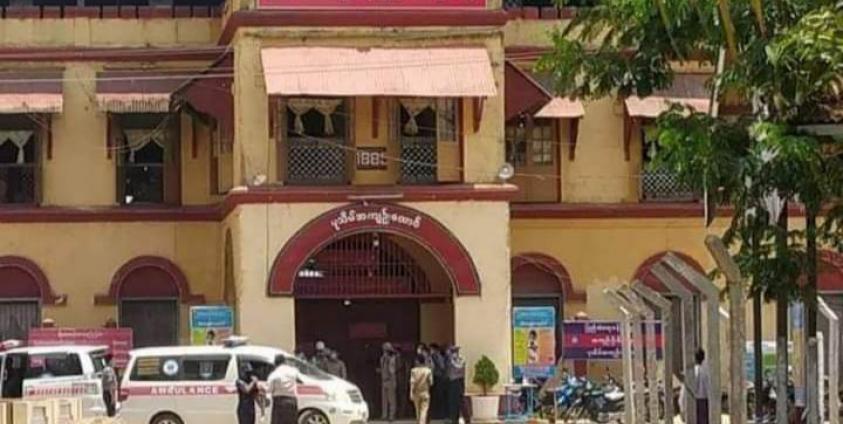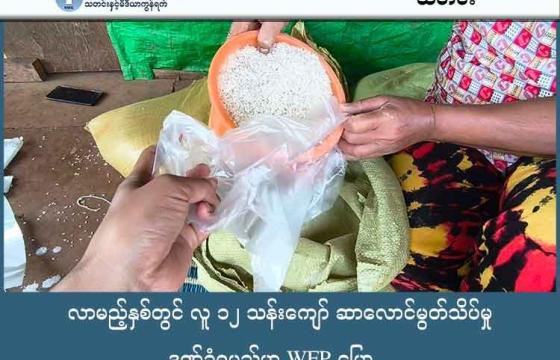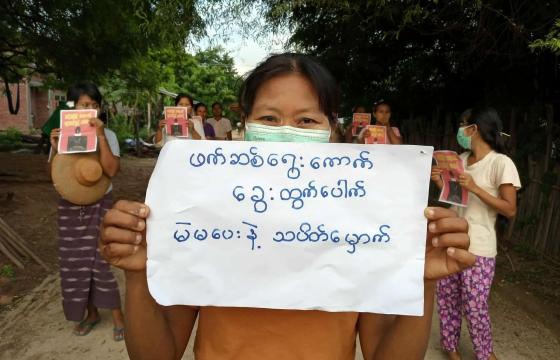The coup regime has recently expropriated more than 700 acres of farmland and orchards, that belonged to local farmers in Pathein Township, situated in the Ayeyarwady Region.The purpose behind this seizure is to construct a new prison.
The affected areas encompass the vicinity of Shwemyintin and Waryarchaung villages in Pathein Township, near the 5th Training Division of Southwestern Regional Military Command, which have been cultivated by local communities for countless generations.
"These lands are the very places where our ancestors toiled, cultivating and farming for generations. Through this act of forced confiscation, we, the local farmers, have been rendered landless, leaving us without a means to sustain our livelihoods”, a farmer whose land was confiscated said.
The confiscated farmlands have served as the livelihood source for local communities over multiple generations, who have been actively engaged in farming activities. Furthermore, many of these individuals possess tax receipts as evidence of their contributions. Additionally, certain farmers hold legal documents that permit them to work on agricultural lands.
Despite the fact that locals can provide relevant papers and documents, the Military Council proceeded with the land seizure without any regard for their legitimacy. And furthermore no form of compensation or alternative farmland has been provided to the affected farmers.
An official from the Settlement Department under the Military Council said that the lands designated for the construction of the new Pathein prison are categorized as vacant lands, which the government claims that it is within their lawful authority to administer, hence individuals residing on these lands without legal ownership rights are required to be relocated.
Ground leveling processes have commenced on the seized farmlands, with insiders from the Prisons Department revealing that the construction of the new Pathein prison is underway and expected to be finished within a three-year timeframe.
"As history repeats itself, the actions of a former ruling government in selling off the rice fields that have long supplied food for the prison staff adjacent to the original Pathein prison, and now, constructing a new facility, can only be seen as an unjust scheme to once again profit from the sale of the land where the existing Pathein prison stands”, A former Pathein Prisons Department official said.
In 2010, the Union Solidarity and Development Party (USDP) government, which was in power at the time, divided the farmlands surrounding the existing Pathein prison—a significant colonial-era structure—and proceeded to sell the plots to crony businessmen with close ties to the government.
During that period, the government treasury received an amount below 1 million kyats for each plot of land measuring 40x60 feet that was sold. However, the current market value of such plots has significantly increased, ranging between 500 million and 1,000 million kyat, depending on locations, as reported by real estate business operators in Pathein.
The present-day Pathein Prison, constructed in 1889, showcases a distinctive architectural design, with its dormitories shaped in resemblance to the British Union Jack flag. This historical structure holds significant cultural value, and the land on which the prison stands commands a high market price, according to local elders






